Insights from Michigan Materials Management Planning Training
Insights from Michigan Materials Management Planning Training
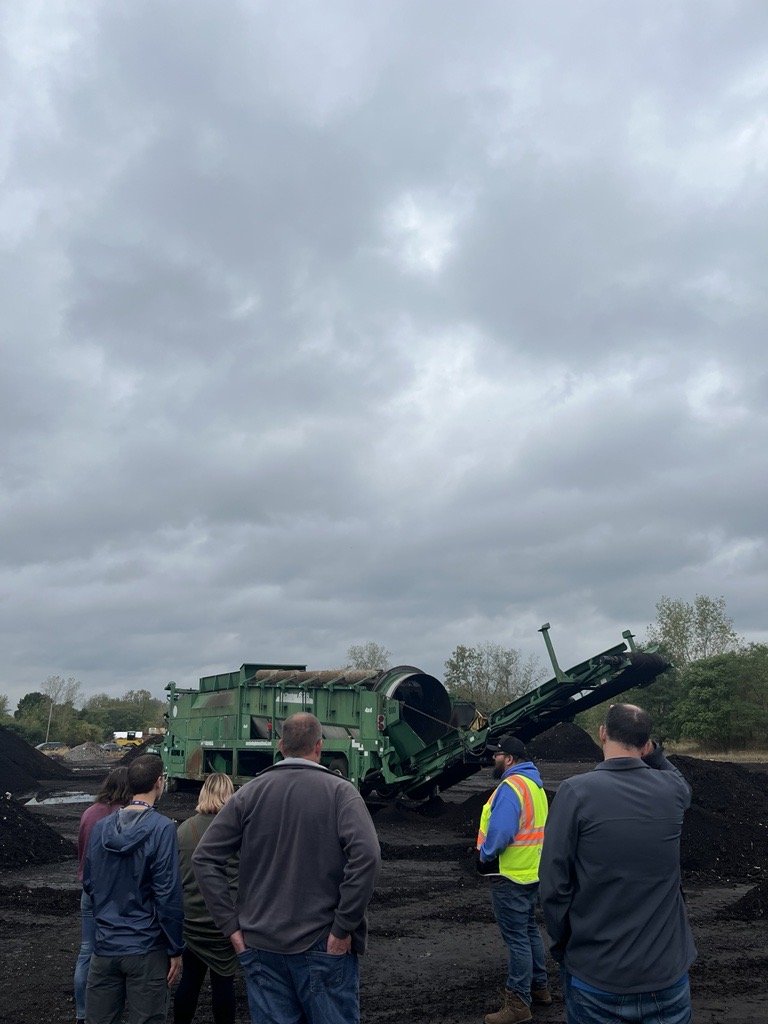
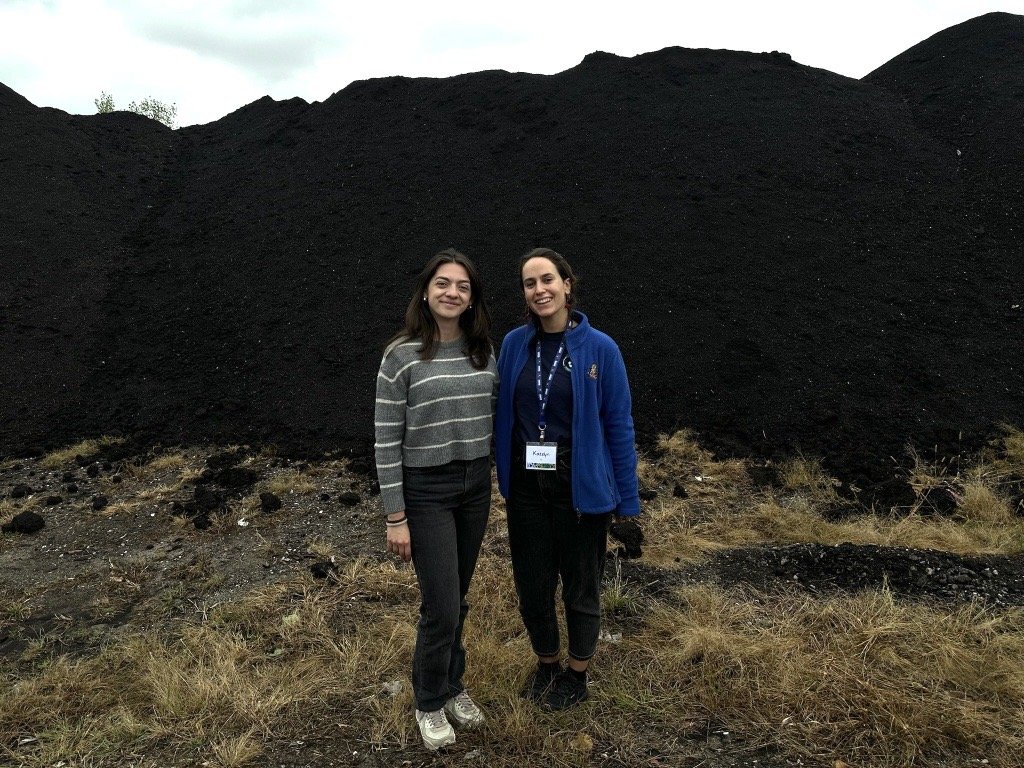
Supporting Michigan Counties in Materials Management Planning: Key Insights from MRM Training
RRS proudly sponsored and participated in the recent Michigan Recycling Coalition (MRC) Materials and Recycling Management (MRM) training as part of our ongoing commitment to advancing sustainable materials management in Michigan. By sending two of our emerging leaders to the training, Katelyn Heflin and Anna Oana, we ensured our team was not only gaining insights into current state policies and best practices but also deepening our connection to the challenges and opportunities counties face in the transition to comprehensive Materials Management Plans (MMPs). This hands-on experience enhances our ability to provide the most informed guidance to Michigan counties, building on our existing strengths from working in the industry for over 35 years.
Understanding the Landscape: The Shift from Landfills to Materials Management
At the recent MRC MRM training, industry leaders and county planners gathered to explore the shift from a landfill-centric approach to a sustainable materials management system. Historically, Michigan’s policy required municipalities to maintain at least 5.5 years of landfill capacity, inadvertently incentivizing disposal over recovery. This led to an astonishing rate of 66.5 tons of waste per person in Michigan, one of the highest in the country. The current recycling rate hovers between 18% and 23%, far below the national average of around 32%. This highlights the critical need for counties to develop robust Materials Management Plans (MMPs), now required by state law, to better manage non-hazardous solid waste through recovery, recycling, and reuse.
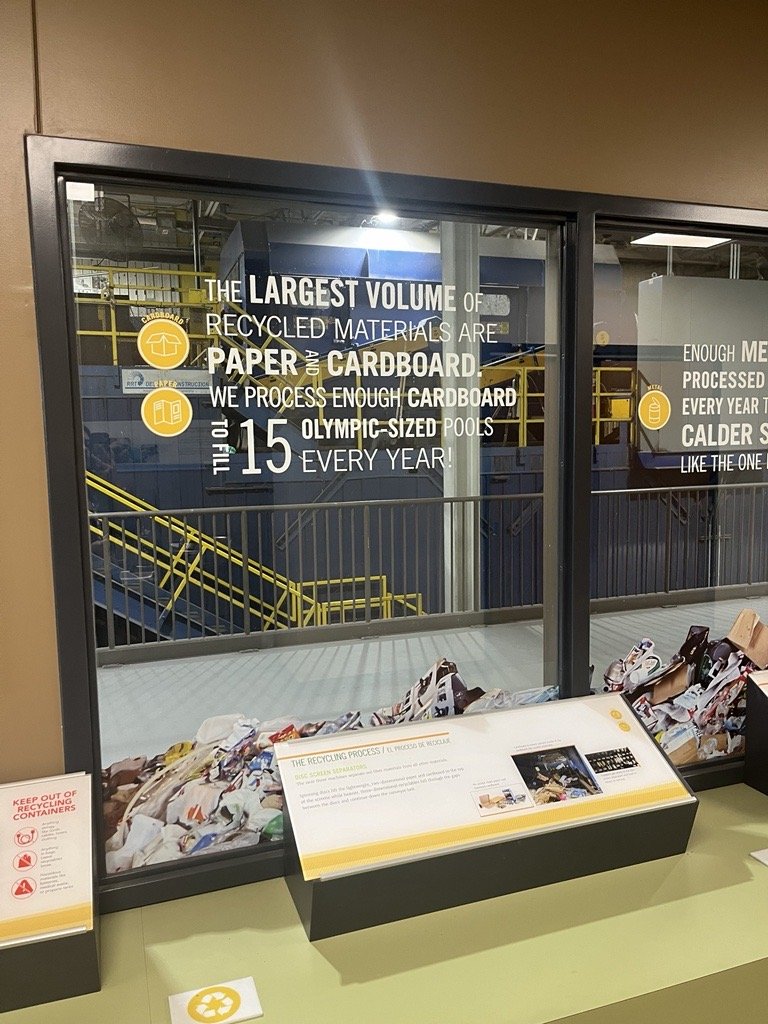
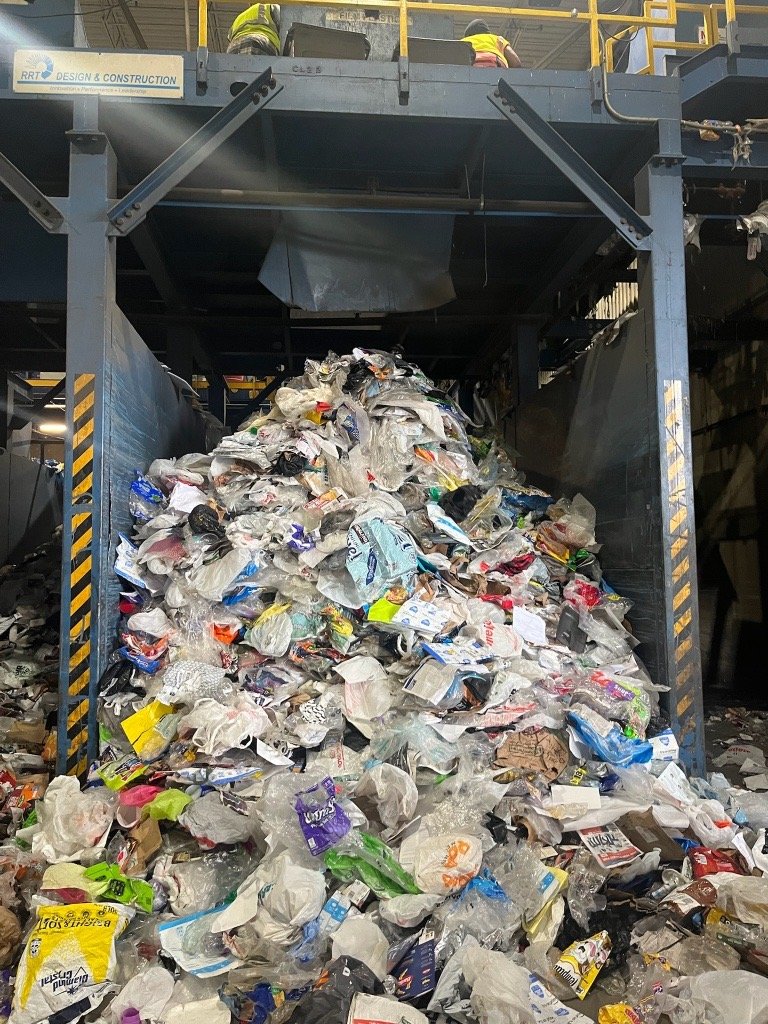
The Importance of MMPs: Economic, Social, and Environmental Benefits
The potential for significant economic, social, and environmental benefits drives the move to a materials management-focused system for planning. Economically, Michigan currently spends over $1 billion annually managing waste, much of which could be diverted for recovery. Michigan effectively pays to throw away $600 million of recyclable materials while bringing in recyclable materials from outside the state to supply the current end markets. Recovering these resources could stimulate the local economy by supplying raw materials to the state's growing manufacturing sector, where companies are seeking a sustainable supply of recyclable materials to use in their products and packaging. Socially, ensuring equitable access to recycling services—particularly in underserved rural and urban areas—can foster a sense of community ownership and participation in waste reduction efforts. From an environmental perspective, diverting materials from landfills reduces methane emissions, conserves natural resources, and mitigates pollution. With landfills in Michigan nearing capacity, such as the Byron Township landfill expected to close by 2030, counties must prioritize sustainable alternatives. RRS has supported Michigan communities and businesses in maximizing the economic potential of recovered materials while integrating inclusive, equitable recycling services that meet the unique needs of diverse populations and industries.
Challenges and Opportunities: Addressing Collection, Education, and Markets
Counties across Michigan face challenges in creating effective materials management systems. One key obstacle is equitable access to collection services. For example, counties with populations over 100,000 will be required to offer at least one drop-off site for every 50,000 residents by 2032, while smaller counties must provide at least one drop-off for every 10,000 residents. In more rural areas, establishing efficient “hub and spoke” models, where collection centers are strategically located near Material Recovery Facilities (MRFs), can ensure cost-effective transportation of recyclables.
Another critical area is education. A 2023 survey revealed that nearly 40% of Michigan residents needed clarification on whether items like Styrofoam, electronics, and plastic bags are curbside recyclable, contributing to high MRF contamination rates. Consistent, clear messaging across counties is essential to improving participation and recycling outcomes. By focusing on educational outreach—especially in communities with high contamination or low participation—counties can foster long-term behavior change.
End markets for collected materials are also crucial to program success. While Michigan has strong markets for certain commodities like aluminum, cardboard, and plastics (1 & 2), there are still significant gaps in markets for materials such as glass and plastics 3 through 7. Developing local markets for these materials or reducing their use altogether will be vital to the success of county-level MMPs.
Leveraging our extensive experience in program design and community outreach, RRS has been instrumental in addressing these challenges across Michigan, helping optimize collection logistics, streamline educational campaigns, and cultivate end-market connections.
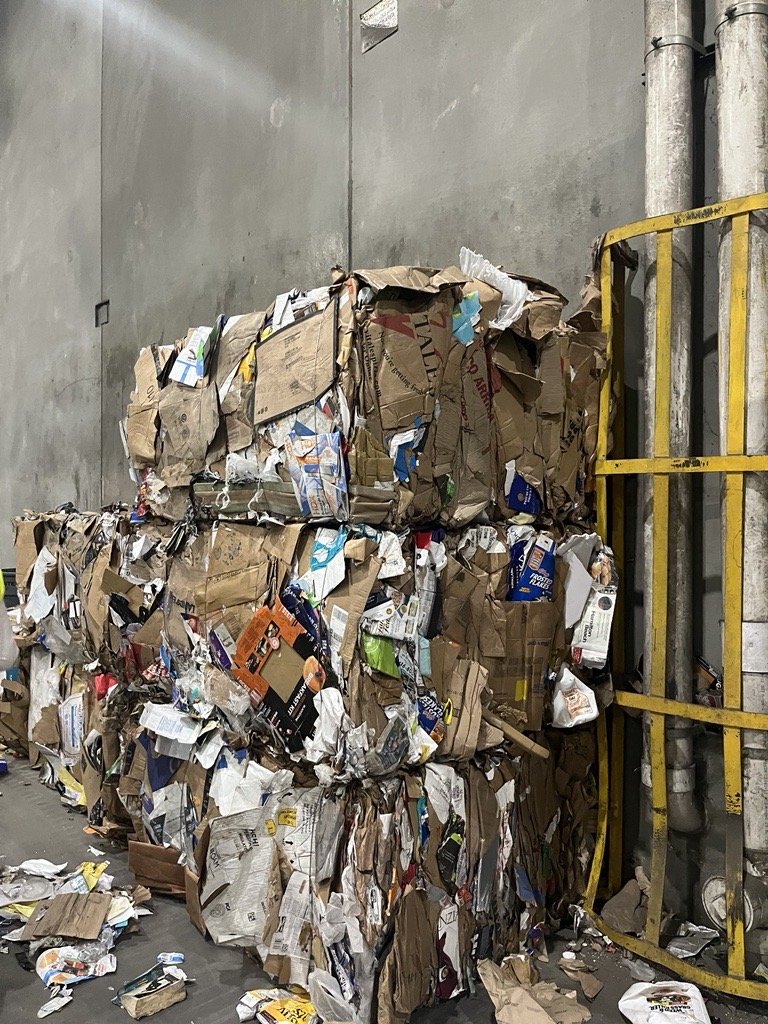
Funding and Policy Support: Building a Sustainable Framework
Sustainable funding is critical to ensuring long-term success in materials management. Relying on temporary grants can leave counties vulnerable when funding cycles end, so counties must look to more stable revenue streams. The $15 million Renew Fund established through Senate Bill 943 is a step in the right direction, providing ongoing funding for solid waste oversight, recycling programs, and brownfield redevelopment. Additionally, part of the updated Part 115 legislation includes financial assurances for recycling and composting facilities, helping counties manage operational costs more effectively.
Counties should also explore funding mechanisms such as local millages, intergovernmental agreements, and asset fees. By charging a small surcharge on landfill use or creating agreements with neighboring counties for shared services, municipalities can secure stable funding for their MMPs. Kent County, for example, funds its Household Hazardous Waste program through a countywide ordinance that includes a surcharge on waste disposal, ensuring long-term program viability.
RRS’s strategic expertise in sustainable funding models has enabled communities to secure reliable resources for long-term operations, from millages to collaborative agreements, ensuring that counties have the financial foundation to implement and maintain their MMPs.
How RRS Can Help: Expertise in Planning and Implementation
We are uniquely equipped to support Michigan counties as they navigate the complex process of developing and implementing MMPs. With decades of experience in waste and recycling systems design, our team can help counties and other stakeholders conduct comprehensive needs assessments, ensure benchmark recycling standards are met, and design tailored solutions that align with local resources and policy requirements.
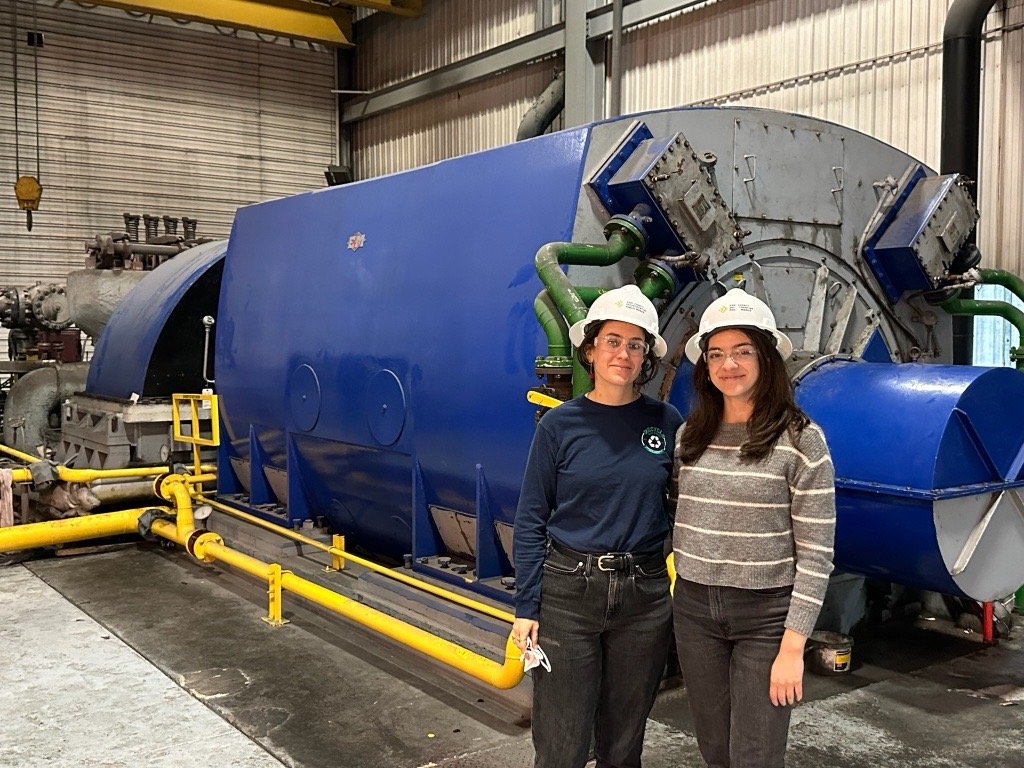
We can assist with:
Program Development: From identifying gaps in current systems to designing equitable, efficient collection models, we ensure counties meet their recycling and materials management goals.
Policy Guidance: Our experts understand the complexities of state and local regulations and can help counties develop policies that support long-term sustainability.
Market Development: We work with local manufacturers and processors to develop markets for hard-to-recycle materials, ensuring a steady demand for collected recyclables.
Funding Strategies: RRS helps counties identify sustainable funding sources, from surcharges to grants, and creates financial models that support long-term operations.
Education and Outreach: Our communications team can develop targeted educational campaigns that address specific community challenges, from contamination to low participation rates.
Let’s work together to build a more sustainable future for Michigan, one county at a time.
